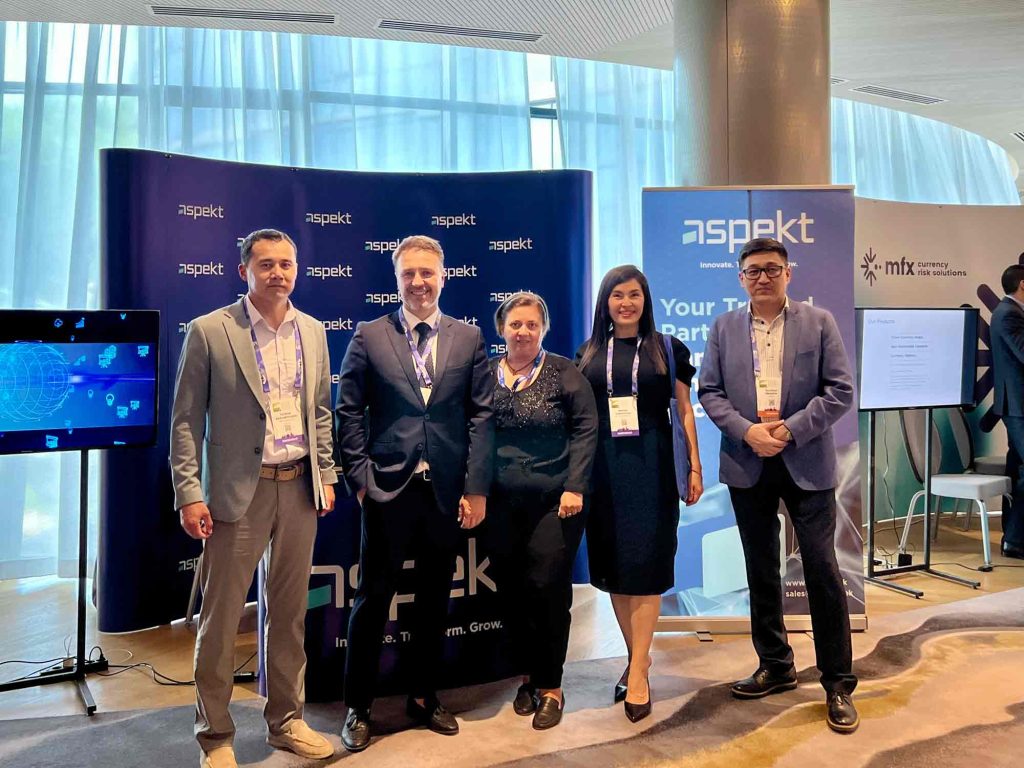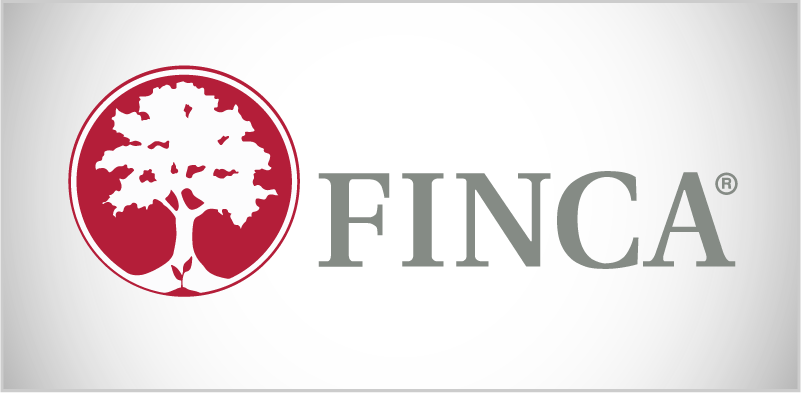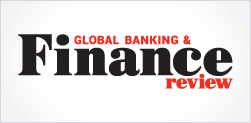The 27th MFC Annual Conference began on May 27, welcoming more than 470 participants from 40 countries to discuss what’s next for inclusive finance worldwide. With the Georgian capital as a vibrant backdrop, this year’s gathering wasn’t just about knowledge-sharing. It was a call to action.
As proud partners of the event, we at Aspekt were honored to be part of the conversation — sharing our perspective on digital transformation in microfinance and connecting with institutions committed to creating more resilient, inclusive financial systems.
The conference opened with the exclusive Pre-Conference CEO Forum, where senior leaders from the financial sector tackled the big questions: How can microfinance institutions (MFIs) stay resilient in uncertain times? How should leadership evolve in a world shaped by disruption?
From powerful keynotes to hands-on discussions, the conference sparked important conversations about the future of finance — and what it takes to build more inclusive, sustainable systems.
Keep reading for key takeaways, expert insights, and standout moments from Tbilisi.
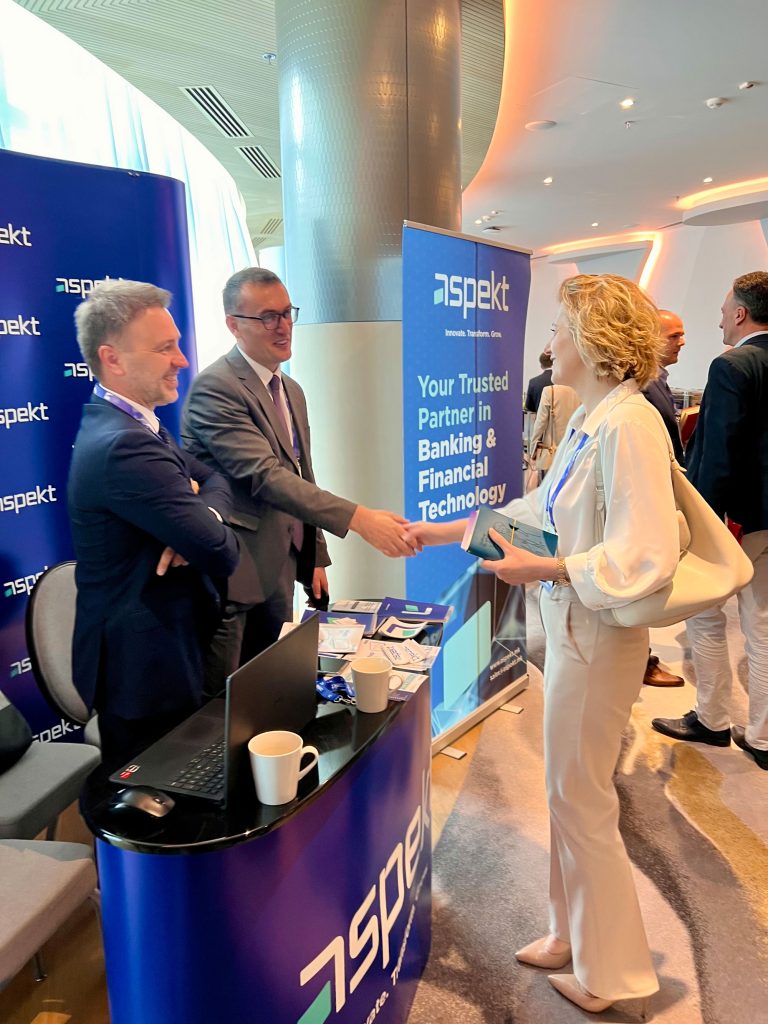
27th MFC Annual Conference: Rethinking Inclusive Finance for Today’s Challenges
The 27th MFC Annual Conference (27–29 May) offered a rich agenda, addressing everything from geopolitical instability to climate-smart finance and the role of artificial intelligence in transforming financial services. The overarching theme was clear: Inclusive finance is at a crossroads — and adaptation is no longer optional.
The Opening Panel set the tone with a timely discussion on geopolitical shifts and their ripple effects on microfinance. Experts debated the challenges posed by sanctions, regional instability, and regulatory shifts, highlighting the need for institutions to remain agile and community-focused.
One of the most anticipated voices was Manas Chawla, political risk expert and founder of London Politica. In his keynote, he painted a vivid picture of the global forces reshaping our industry. His message was both sobering and energizing: Resilience comes from clarity, strategy, and collaboration.
Georgia: A Living Case Study
Hosting the conference in Georgia was no coincidence. As Archil Bakuradze, Chair of MFC’s Supervisory Board, emphasized, the country has emerged as a model of microfinance resilience. Georgia’s journey, shaped by regulatory reforms, innovation, and a strong commitment to financial inclusion, made it a fitting backdrop for this year’s agenda.
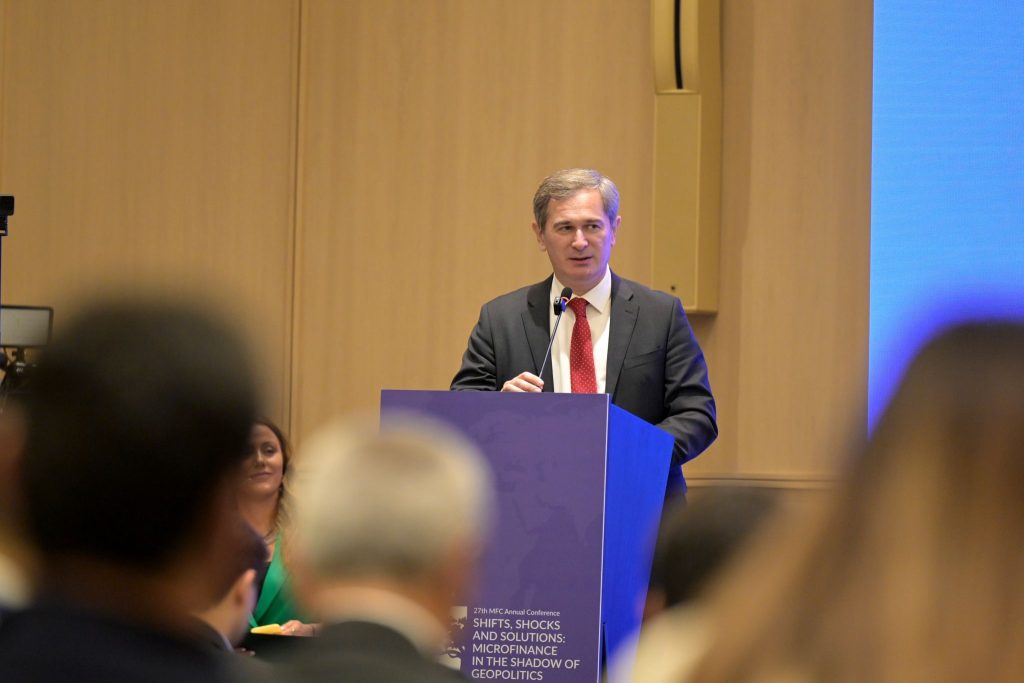
The core of the microfinance industry is not about money, it is about people. Let’s protect what is human in finance. Microfinance stands for peace, human dignity, for hope.
Archil Bakuradze, Chair of the MFC Supervisory Board
Natia Turnava, Governor of the National Bank of Georgia, echoed this sentiment. She praised MFIs for being more than lenders — for acting as partners to entrepreneurs, advocates of financial education, and champions of inclusive economic growth.
Microfinance institutions are not just lenders — they are partners to small entrepreneurs, promoters of inclusive economic growth, and enablers of financial education. It is precisely their flexibility, locally adapted services, and strong social responsibility that make their model sustainable.
Natia Turnava, Governor of the National Bank of Georgia
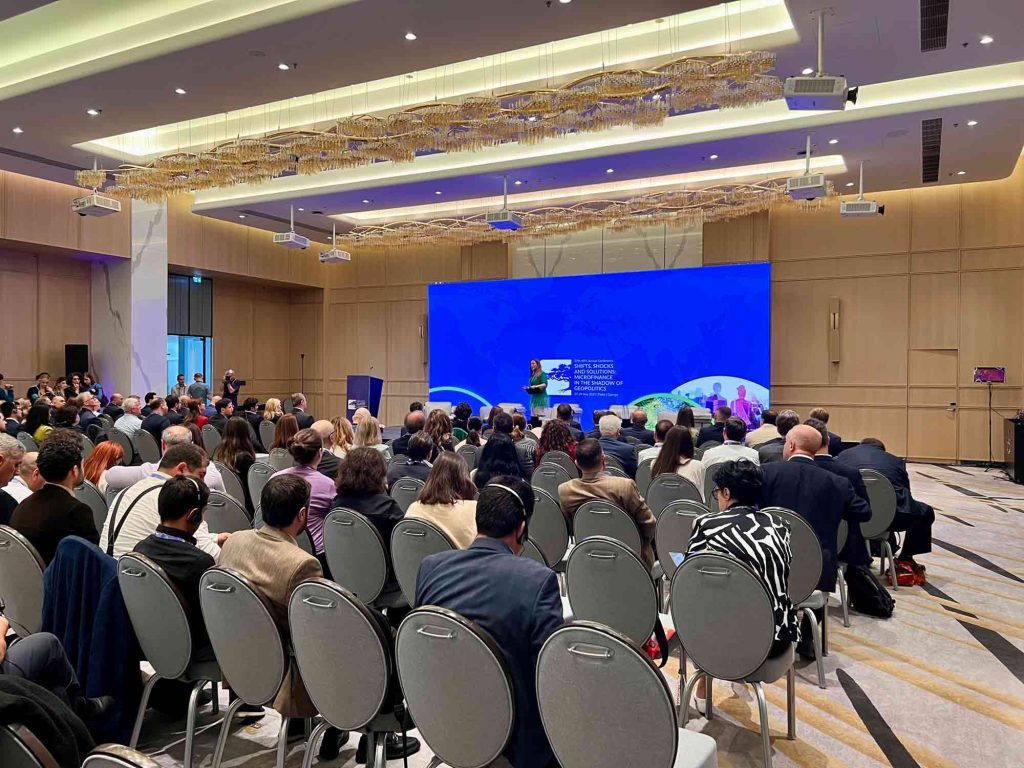
ESG, Climate, and the Human Side of Finance
One of the most impactful sessions explored how MFIs can support a just green transition. Panelists from EBRD, CFI, AMFA, and Partner MFI shared practical examples of how environmental finance can uplift vulnerable communities, enhance sustainable food, and improve long-term resilience.
Throughout the event, Environmental, Social, and Governance (ESG) themes were woven into nearly every conversation. Whether discussing climate-smart agriculture or regulatory strategy, the message was consistent: Inclusive finance must be sustainable, and sustainability must be actionable.
AI, Digital Transformation, and Innovation
Digital transformation was another hot topic. From core banking systems to AI infrastructure, speakers examined how technology can help MFIs increase reach, efficiency, and transparency. Regulatory concerns were also addressed, highlighting the importance of creating digital ecosystems that are both innovative and responsible.
With more than 700 meetings booked via the MFC Conference app, networking proved once again to be the most valued part of the event. New investor participation and real-world case studies brought fresh insights and energy to every discussion.
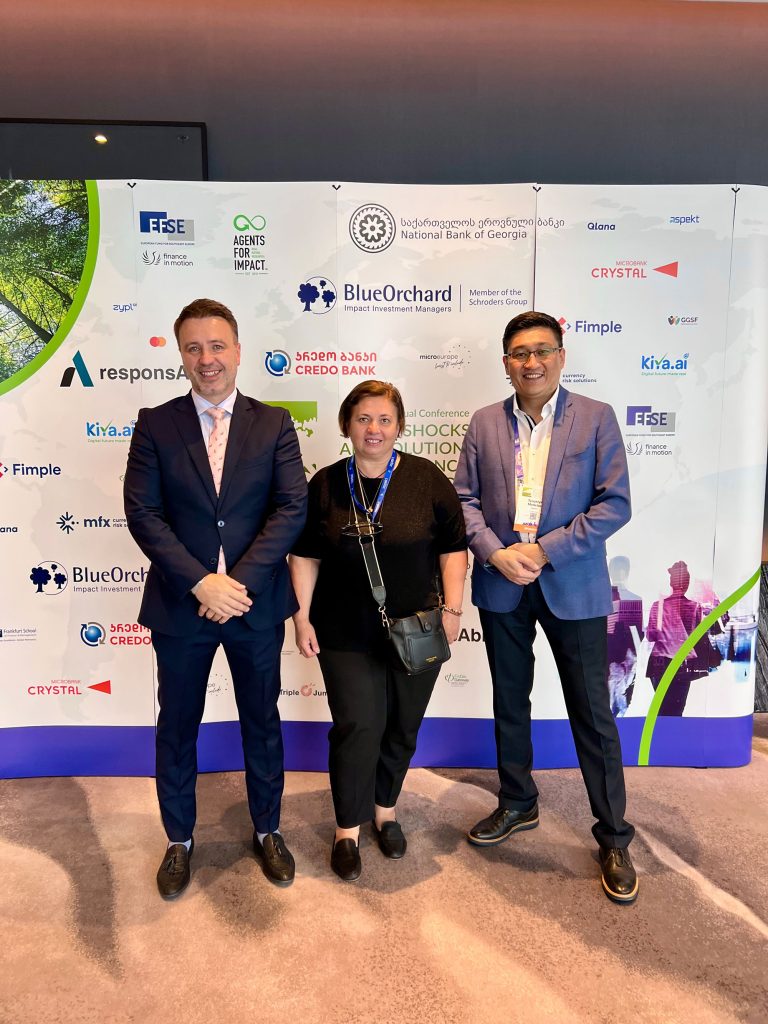
27th MFC Annual Conference: A Spirit of Community and Progress
Beyond the panels and keynotes, this year’s conference was defined by something less tangible, but deeply felt — a sense of shared purpose. In the words of one participant: “It’s not just about finance. It’s about people.”
Evening receptions, cultural experiences, and the Gala Dinner at the Funicular Restaurant offered space for deeper connections. As always, Georgian hospitality brought warmth and spirit to every moment.
Looking Ahead
The 27th MFC Annual Conference reminded us that inclusive finance is evolving — and that evolution must be guided by innovation, responsibility, and human dignity.
We’re proud to have been part of this important milestone. As we return to our work across Asia, Africa, and Southeast Europe, we carry with us new ideas, partnerships, and a renewed commitment to making finance more inclusive, resilient, and impactful.

